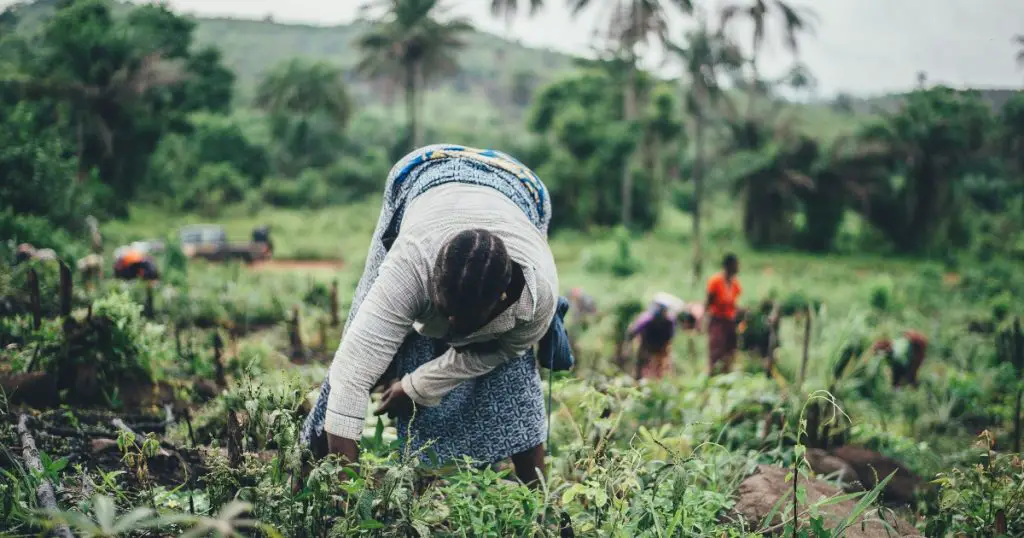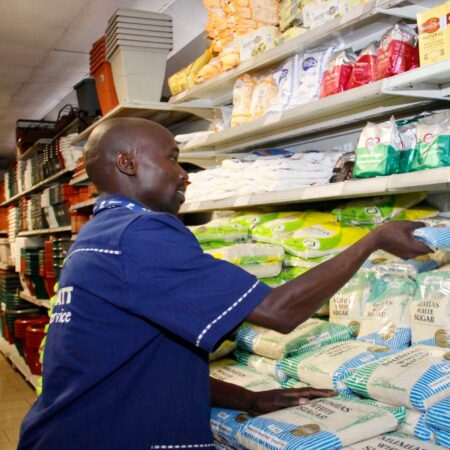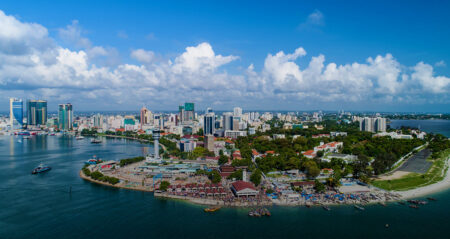- Industry experts now say that the lack of youth involvement in Agriculture is inhibiting the sector’s growth
- Farmer on Fire Founder Wangari Kuria said that young people in Sub-Saharan Africa often view agriculture as inefficient and uninteresting
- Kuria said the issue has led to a situation where the average age of Africa’s farmers is 60 while the median age of the population is 19
An industry expert has said that the lack of youth involvement in Agriculture is inhibiting the sector’s growth.
Farmer on Fire Founder and Chief Executive Officer Wangari Kuria said that young people in Sub-Saharan Africa often view agriculture as inefficient and uninteresting.
Kuria said the issue has led to a situation where the average age of Africa’s farmers is 60 while the median age of the population is 19.
“Young people aspire to formal sector employment and modern urban lifestyles. They do not consider agriculture as a future in part because of a lack of access to inputs and land,” she said.
She said improved public policies, role models and better support for farmers regarding inputs and market access would make the sector more appealing to the young people.
“Parents are also to blame as they express the desire for their children to live a life better than their own, pushing them to get government jobs. Government jobs were usually found to be the most desirable for their stability. The trouble is that there are only so many,” Kuria added.
According to the United Nations, access to information, lack of credit and negative perceptions around farming are the leading reasons African young people leave farming at such alarming rates. World Bank data also found that youths account for 60 per cent of unemployed persons.
With 200 million people aged between 15 and 24, Africa has the youngest population in the world.
By 2050, Sub-Saharan Africa will be home to a third of the world’s young people, who will play a key part in feeding future generations.
“Young people are usually not interested in this field of work due to their perception of farming being antiquated and unprofitable. The image of agriculture traditionally has been more about subsistence; you produce enough for you to eat. It is not seen as a business,” said the UN.
African agriculture needs technological transformation
According to Kuria, the agriculture that attracts the youth will have to be profitable, competitive, and dynamic. These are the characteristics needed for agriculture to deliver growth, improve food security, and preserve a fragile natural environment.
Drought and politics
The sentiments by the expert come when millions of people in Africa continue to face drought.
The Exchange Africa recently reported that as millions of Africans continue to face severe drought that has been exacerbated by the rising food prices, Russia is making a bold move that the US government has been quick to condemn.
The US government sent out a warning against 14 countries, mainly from Africa, against buying grains from Russia on the grounds that they had been stolen from Ukraine. Russia launched a full assault on Ukraine, its southwest neighbour, on February 24, 2022, marking a significant escalation in the ongoing Russian-Ukrainian conflict.
The New York Times reported that the US has warned that Russia is trying to benefit from the stolen grains to sell to African countries, most of which are facing drought.
Washington backed claims by Ukraine, which accused Russia of stealing over 500,000 tons of wheat, estimated to cost over $100 million since the start of the war.
According to the news portal, this leaves African countries in a dilemma.
“The American alert about the grain has only sharpened the dilemma for African countries, many already feeling trapped between East and West, as they potentially face a hard choice between, on the one hand, benefiting from possible war crimes and displeasing a powerful Western ally, and on the other, refusing cheap food at a time when wheat prices are soaring, and hundreds of thousands of people are starving,” the portal noted.
Data by the United Nations indicate that Russia and Ukraine supply about 40 per cent of the wheat consumed in the continent.
However, the war has complicated logistics, with wheat prices rising by 23 per cent since 2021.











